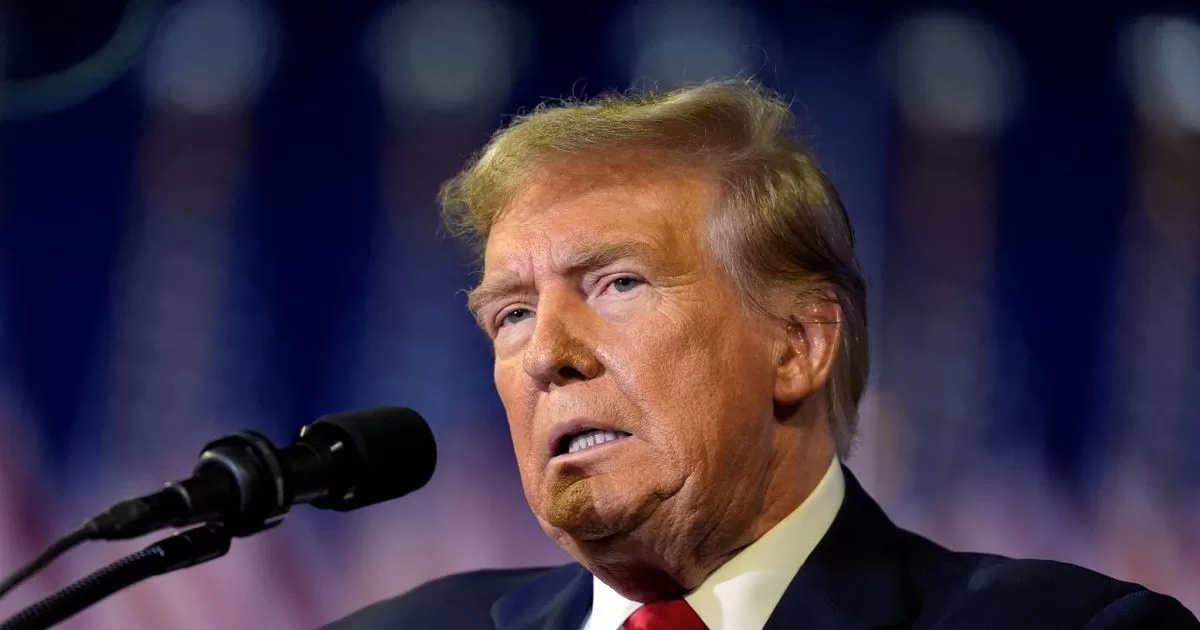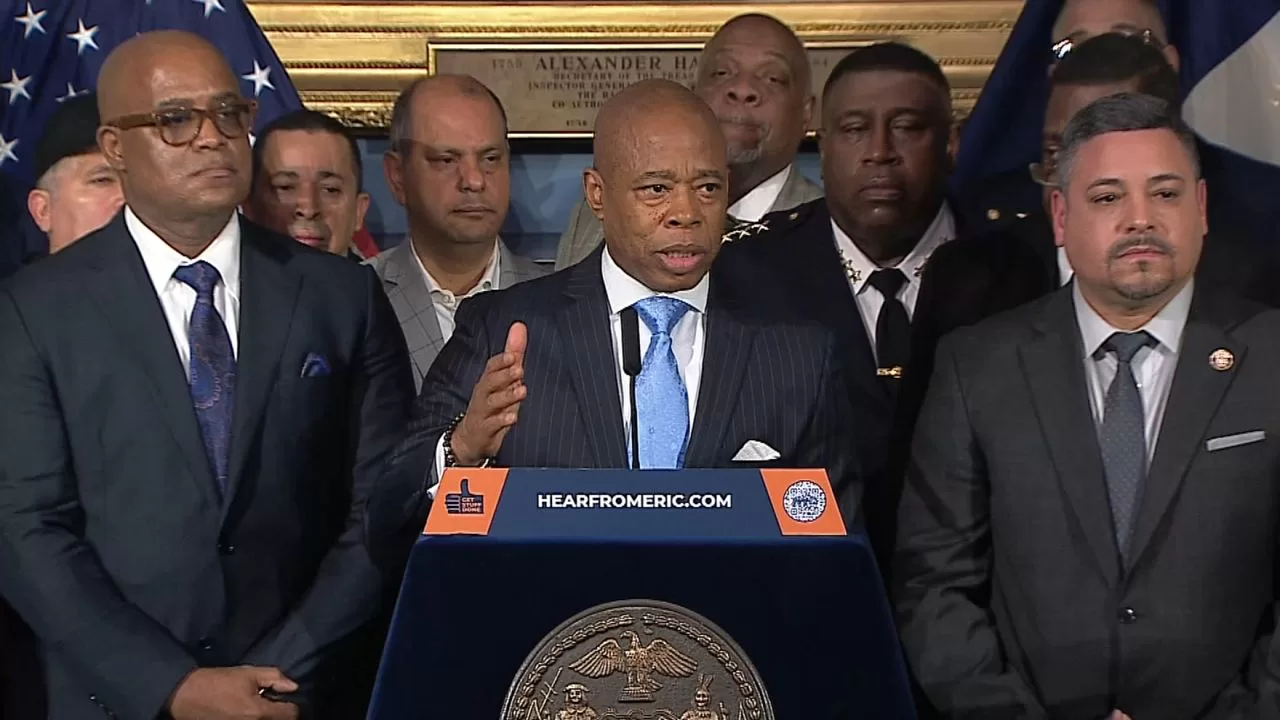An appeals court on February 6 dismissed Trump’s criminal immunity, reopening the possibility of trying him in Washington for allegedly trying to alter the results of the 2020 election, in which the Republican lost to Democratic President Joe Biden.
Although Trump has not been convicted, the appeals court rejected his immunity.
In the hands of the Supreme Court
The appeal leaves Trump’s fate in the hands of the Supreme Court with nine months left until the elections, in which he will likely compete for the second time with Biden.
The former president faces 91 charges in four criminal cases for allegedly trying to overturn Biden’s victory, taking top-secret documents with him when he left the White House and for suspicious payments to “buy the silence” of a porn actress about an alleged former extramarital relationship that could have undermined his candidacy in 2016.
Trump is the only former president who has faced a series of trials promoted by the Democrats in an obvious attempt to undermine his path so that he cannot participate as a presidential candidate.
Persecution?
Biden, who was investigated for secret documents that he left abandoned in different places for several years, will not be charged by the Department of Justice on the grounds that he is “a well-intentioned old man.” However, the measure was not applied to Trump, who has repeatedly denounced the persecution of the Department of Justice.
In early February, a federal appeals court ruled that he could not claim immunity.
Trump’s claim that he is immune from criminal liability for decisions he made while in the White House “is not supported by precedent, history, or the text and structure of the Constitution,” according to the justices.
Trump believes that a president must have total legal immunity to be able to carry out his duties without “fear” of “retaliation.”
However, the Washington appeals court says that leaving a president “outside the reach” of the judicial and legislative branches by granting immunity would “collapse” the system of separation of powers.
The appeals court stayed the ruling until Monday to give Trump the chance to appeal to the Supreme Court.
The nine judges must now decide whether to accept the case or reject it, in which case the lower court’s ruling would stand.
Trump’s trial for alleged attempts to alter the election result was due to begin on March 4, but the appeal delayed it.
Democrats accuse him of alleged conspiracy to defraud the United States and obstructing the validation of Biden’s victory in Congress on January 6, 2021.
Source: With information from AFP







